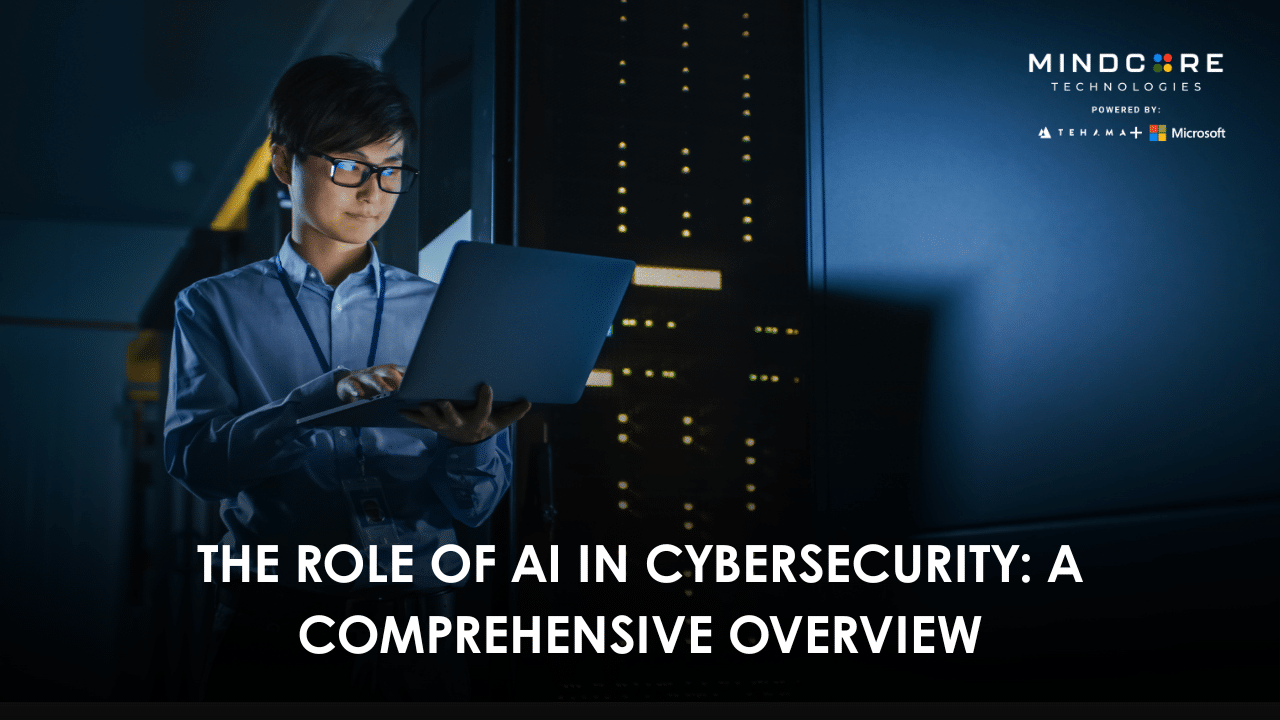AI isn’t a futuristic luxury in security — it’s a core capability defender teams use today. Traditional tools generate alerts; AI helps interpret, correlate, and act on them at scale. As threats evolve in speed and sophistication, AI brings the speed and pattern recognition human teams alone can’t match.
Below is a practical guide to how AI operates in cybersecurity, where it delivers real value, and how organizations can adopt it responsibly.
What AI Does in Cybersecurity
AI systems analyze large volumes of data and extract patterns that are hard for humans or rule-based tools to see. They continuously learn from new signals, helping teams detect unknown threats, reduce noise, and respond faster.
AI capabilities include:
- Behavioral analytics that spot anomalies
- Automated correlation of threat signals
- Predictive risk scoring based on historic and real-time data
- Intelligent response workflows that reduce manual tasks
Rather than replacing security teams, AI augments them — accelerating detection and helping humans make better decisions.
Where AI Makes the Biggest Impact
1. Threat Detection and Early Warning
AI ingests data from endpoints, networks, identity systems, and logs to detect patterns of compromise. This reduces dwell time by identifying subtle signs of malicious behavior.
2. Reducing False Positives
Legacy systems generate high alert volumes, overwhelming analysts. AI filters noise by correlating signals and flagging only meaningful threats.
3. Automated Response Support
AI can trigger containment actions — such as isolating affected systems — based on pre-defined criteria, speeding mitigation and minimizing manual workload.
4. Predictive Risk Insights
Instead of waiting for events, AI models identify risk trends and suggest where defenses should be strengthened before an incident occurs.
5. Enhanced Forensics and Investigation
AI helps reconstruct attack timelines faster by linking events and highlighting root causes across diverse data sources.
Real-World Benefits
Faster Detection
AI reveals threats early, shortening the window attackers have to inflict damage.
Improved Analyst Productivity
Teams spend less time triaging noise and more time on high-impact investigation.
Scalable Defense
AI scales with environment complexity, from on-prem systems to cloud workloads and remote endpoints.
Contextual Decision Support
By combining identity, behavior, and telemetry, AI delivers prioritized findings, not disconnected alerts.
Considerations Before Adoption
Data Quality Is Critical
AI effectiveness depends on clean, structured data from multiple sources.
Explainability and Trust
Organizations must understand why AI flagged an event, especially for compliance and response decisions.
Governance and Risk Controls
AI decisions should be auditable, with human oversight for high-impact actions.
Integration With Tools and Workflows
AI works best when integrated with existing security stacks — not in isolated silos.
How Mindcore Technologies Helps
Mindcore Technologies embeds AI into cybersecurity in ways that align with strategy and risk profiles:
- Multi-signal threat correlation that combines endpoint, network, identity, and cloud signals
- Adaptive response workflows that reduce manual triage
- Predictive insights that inform vulnerability prioritization
- Explainability frameworks that clarify AI decisions for audit and governance
- Integration with existing security platforms to amplify value without disruption
Mindcore’s approach ensures AI drives actionable security outcomes, not just alerts.
Final Thought
AI is transforming cybersecurity from a reactive function into a proactive, measurable defense capability. When applied responsibly — with strong data, governance, and integration — AI enhances detection, speeds response, and strengthens resilience. With expert implementation and continuous tuning, organizations can leverage AI to stay ahead of threats rather than just keep pace with them.

